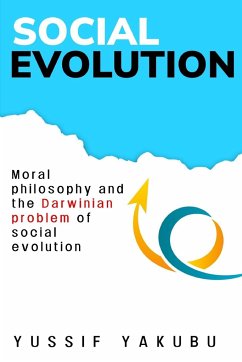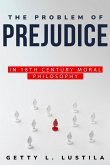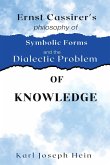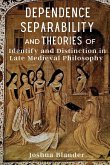The puzzle of social behaviour is one of the most enduring in the history of science. In this chapter, I propose an explanation as to why certain theoretical anomalies, including that of social behaviour, endure for so long. Such a general understanding should give us some insight into why the puzzle of social evolution has been so intractable, and the right way to approach the problem. To provide the broader context in which the problem of scientific puzzles is situated, I will synthesize a picture of scientific practice from the two orthogonal views proposed by Karl Popper and Thomas Kuhn. I use the evolution of our theories about the cosmos to illustrate the picture of scientific practice that I present. The centrepiece in this part of the discussion is the Aristotelian cosmological paradigm and the prolonged difficulty it had with planetary retrograde motion. The analysis reveals that the reason why such puzzles endure is that they often arise from the errors that occur where we least expect them, i.e. axiomatic assumptions deep in the core of the paradigm. Identifying such erroneous axioms requires teasing apart the paradigm and examining all of its assumptions, definitions and reasoning.








